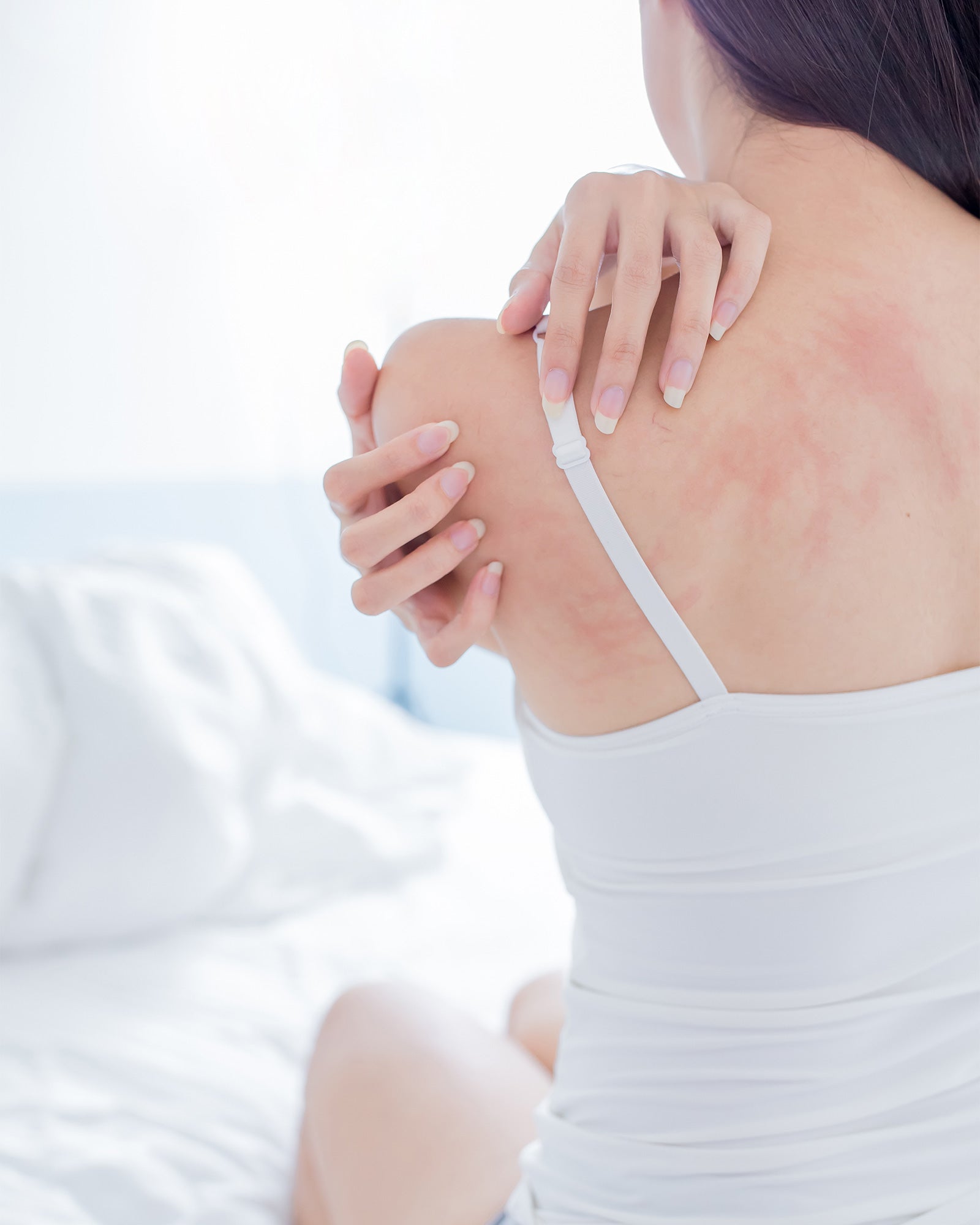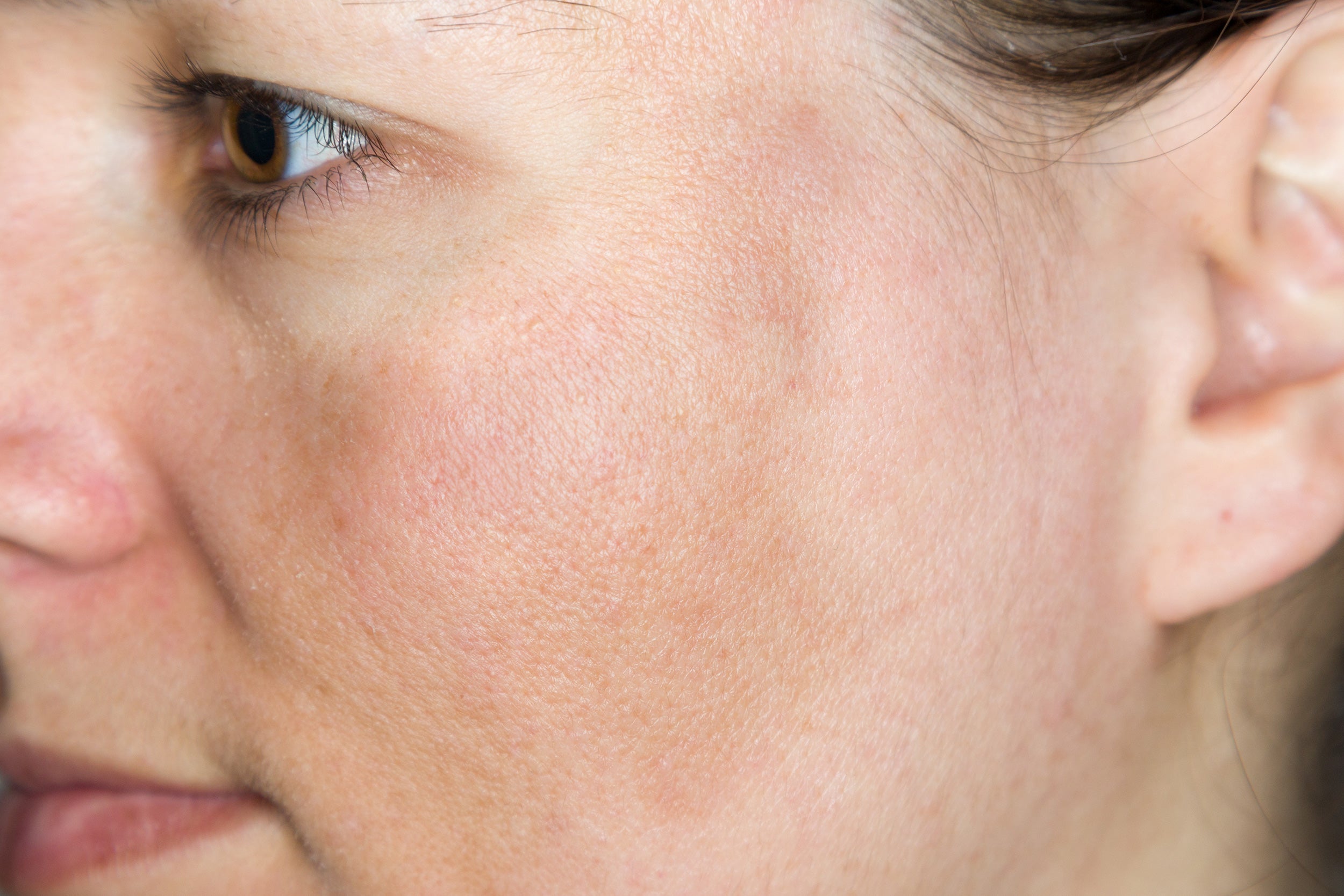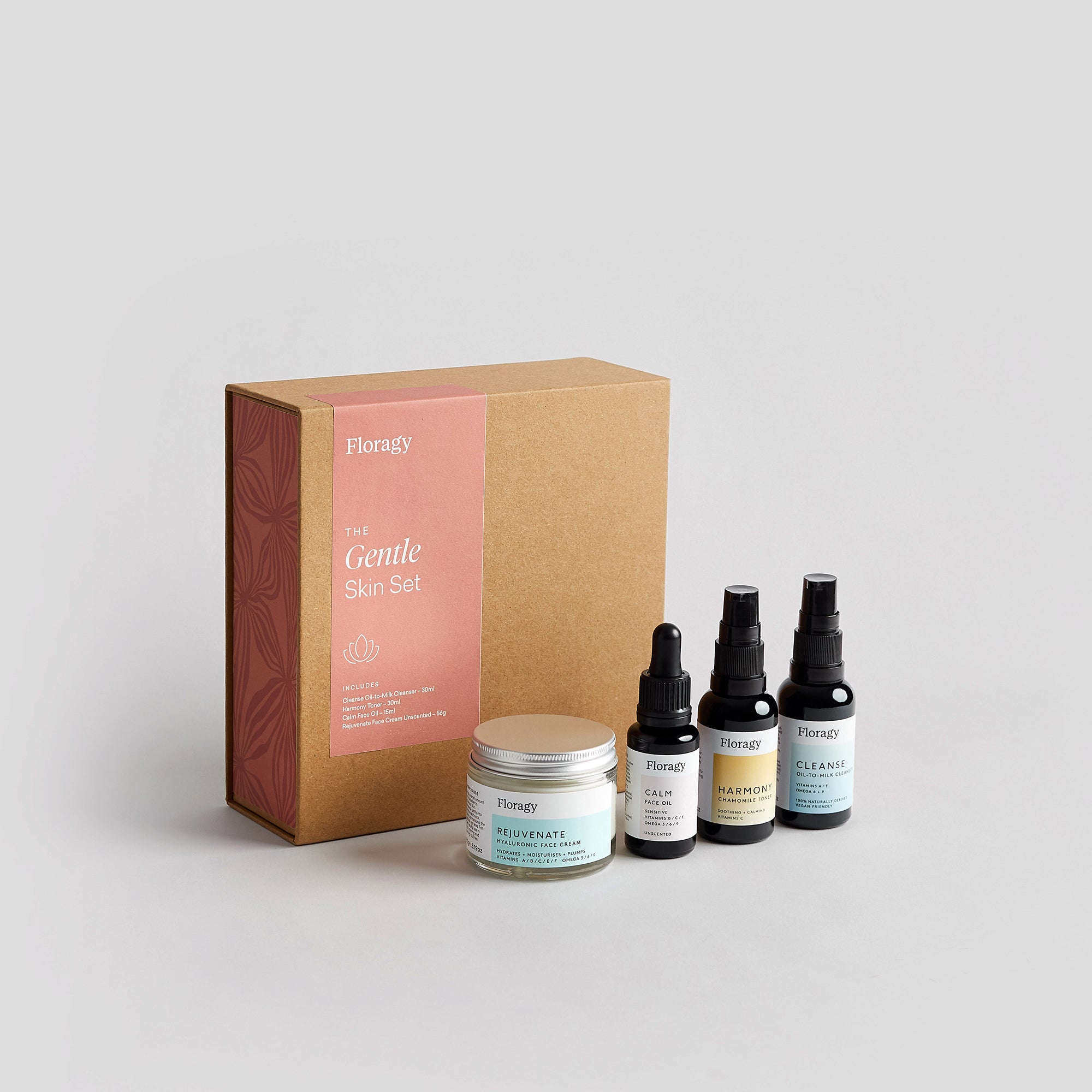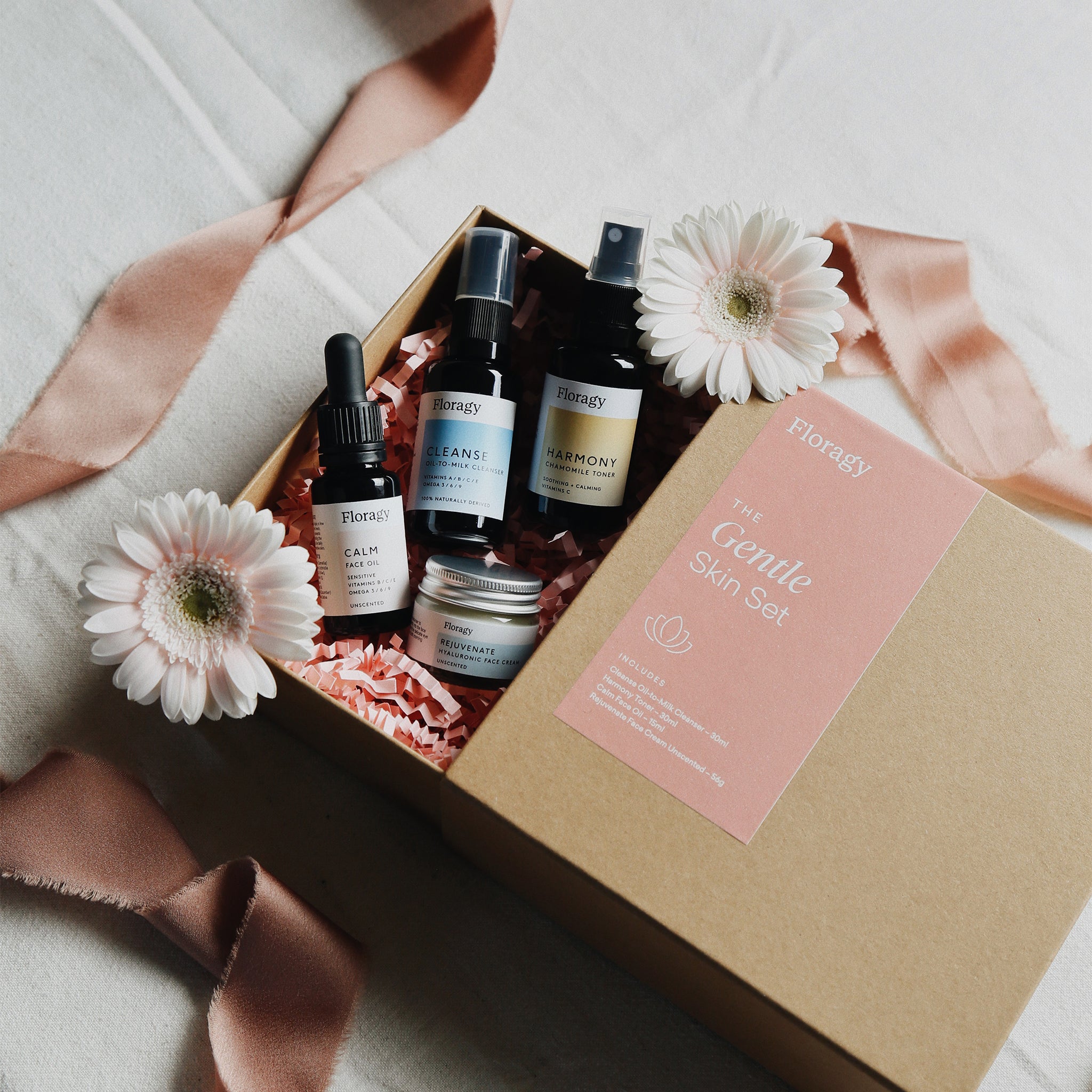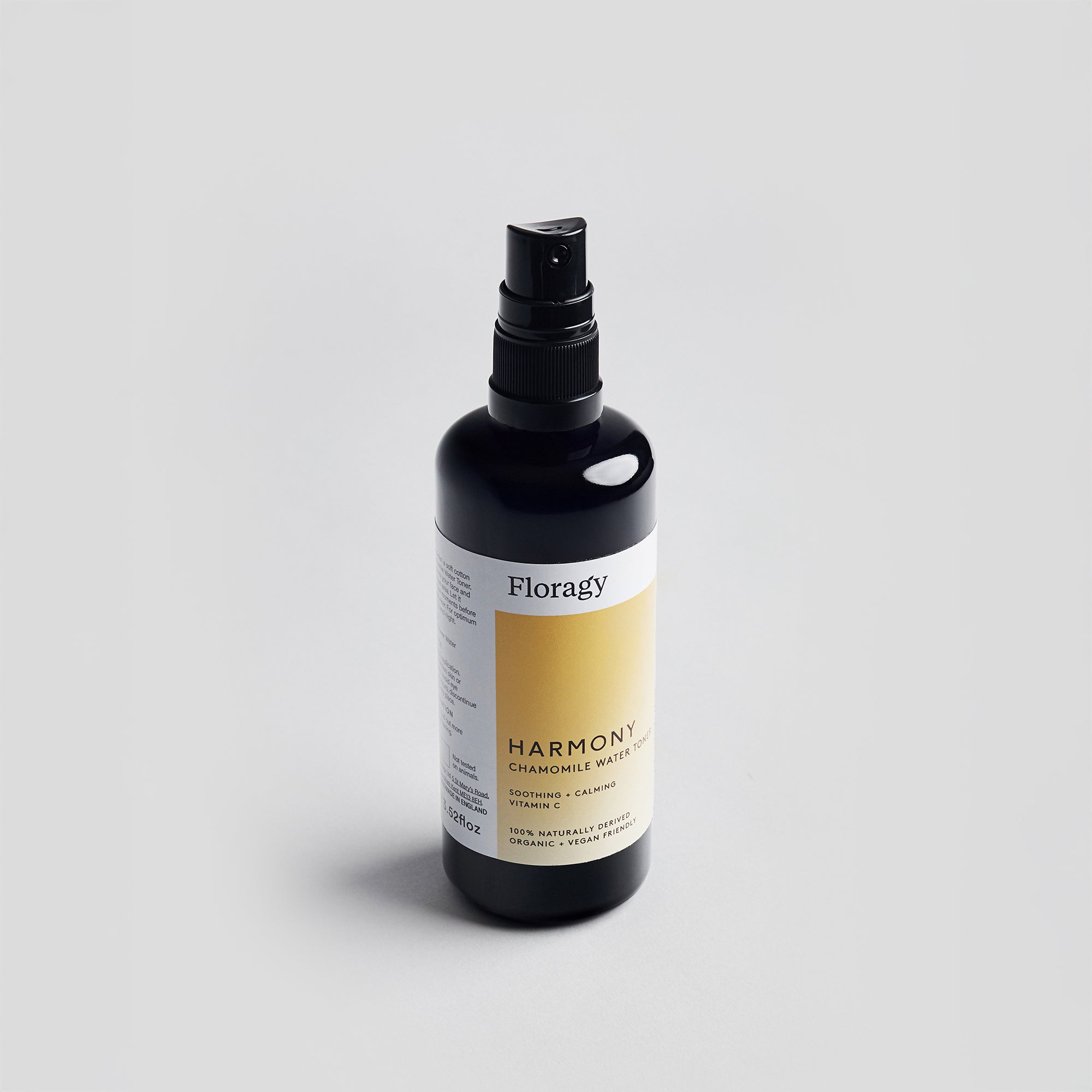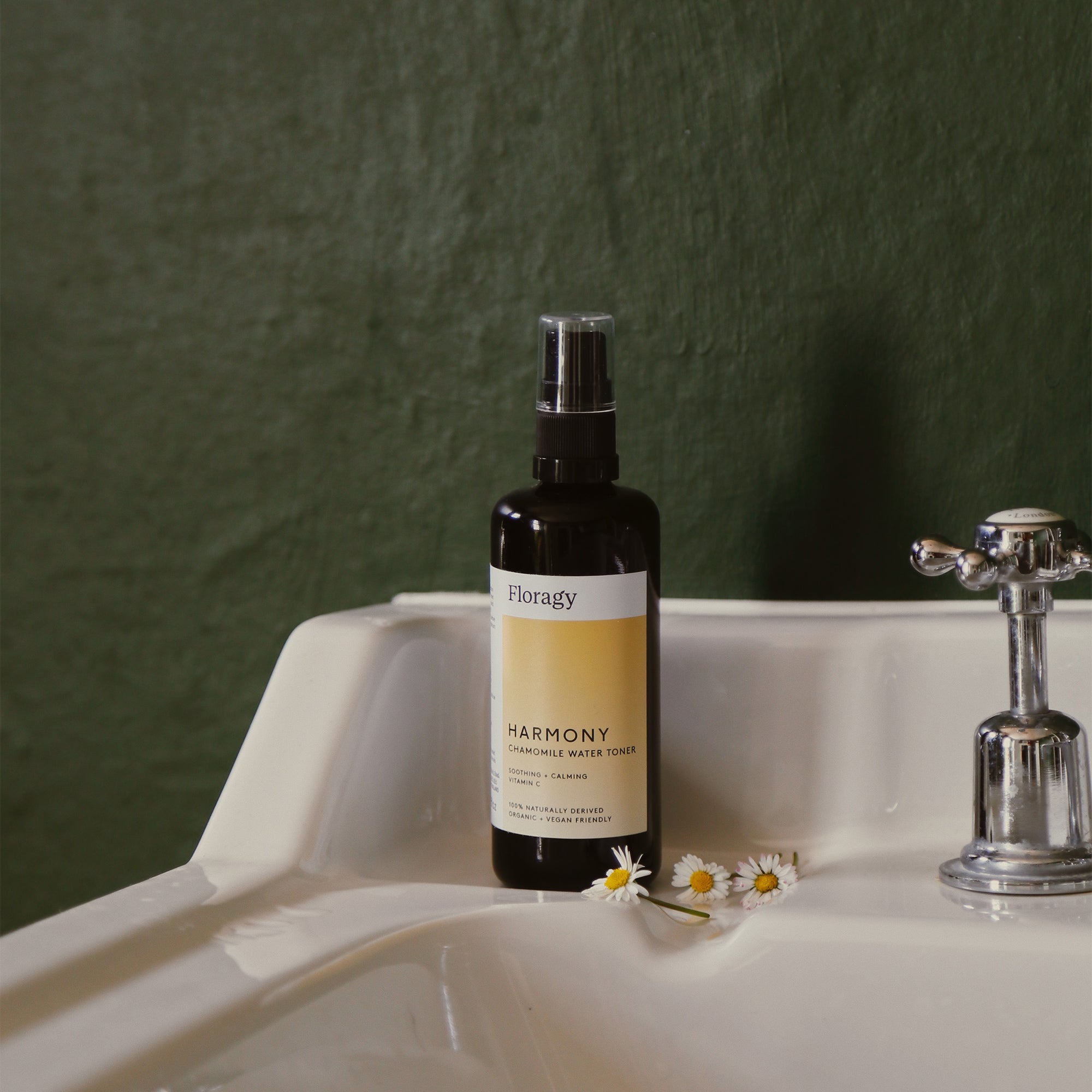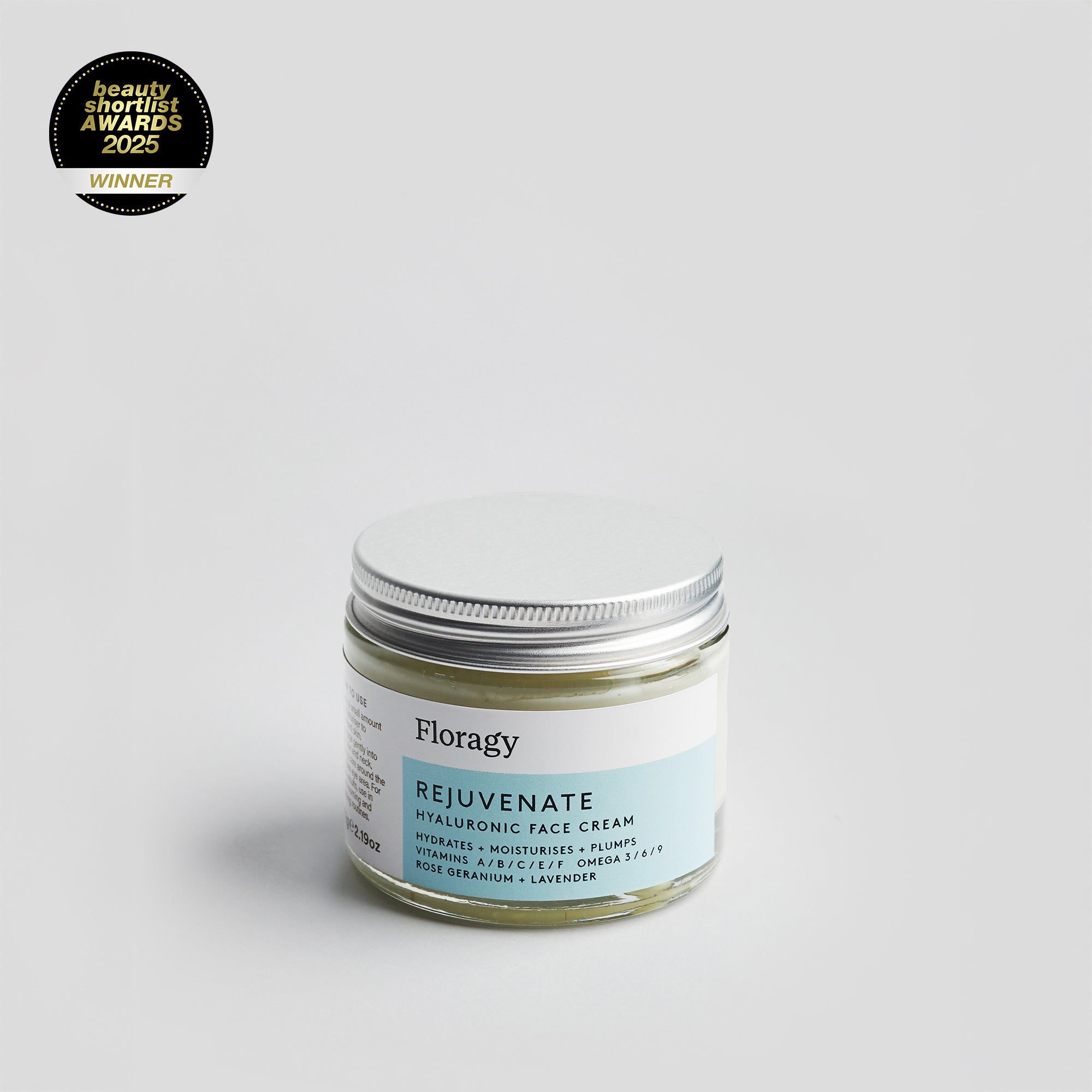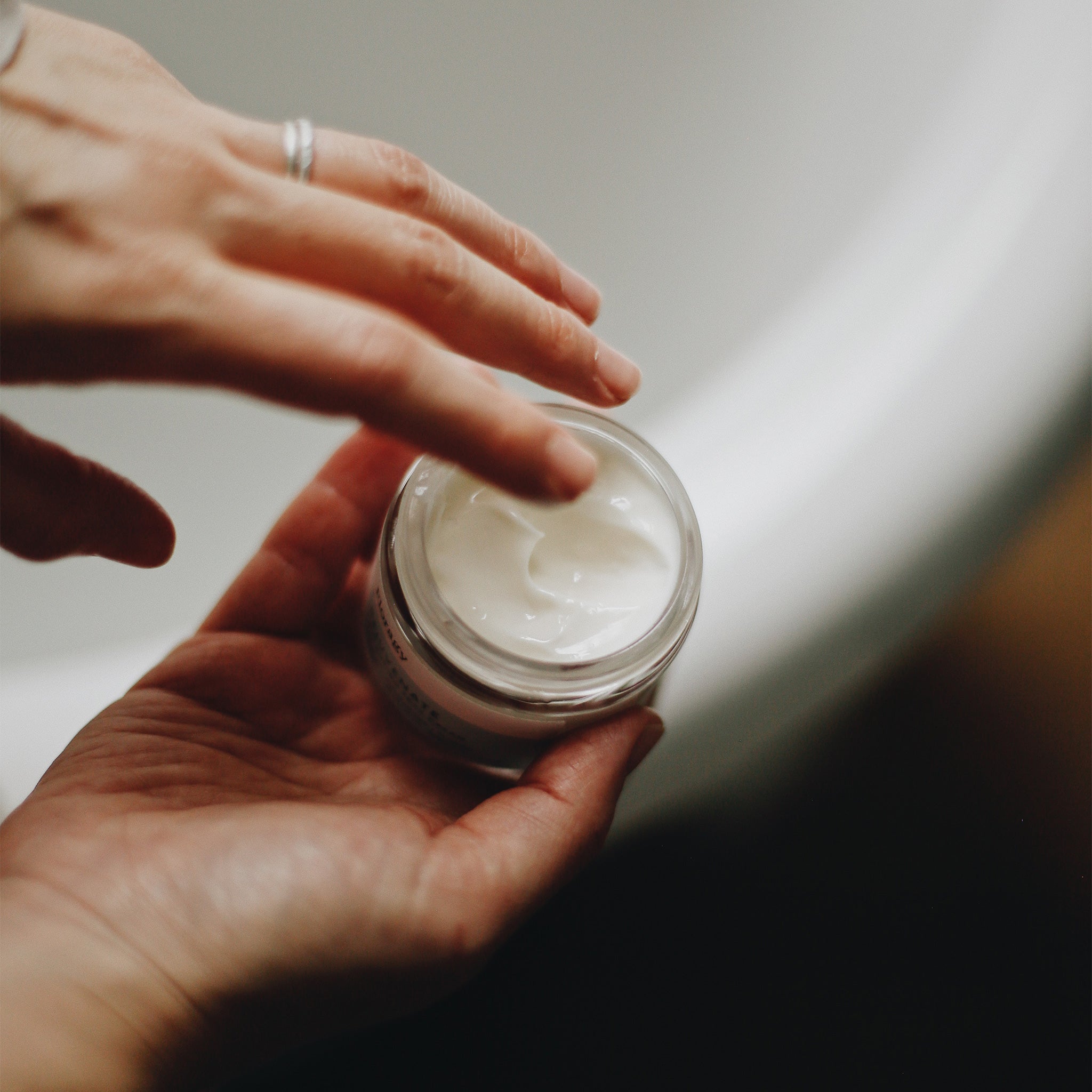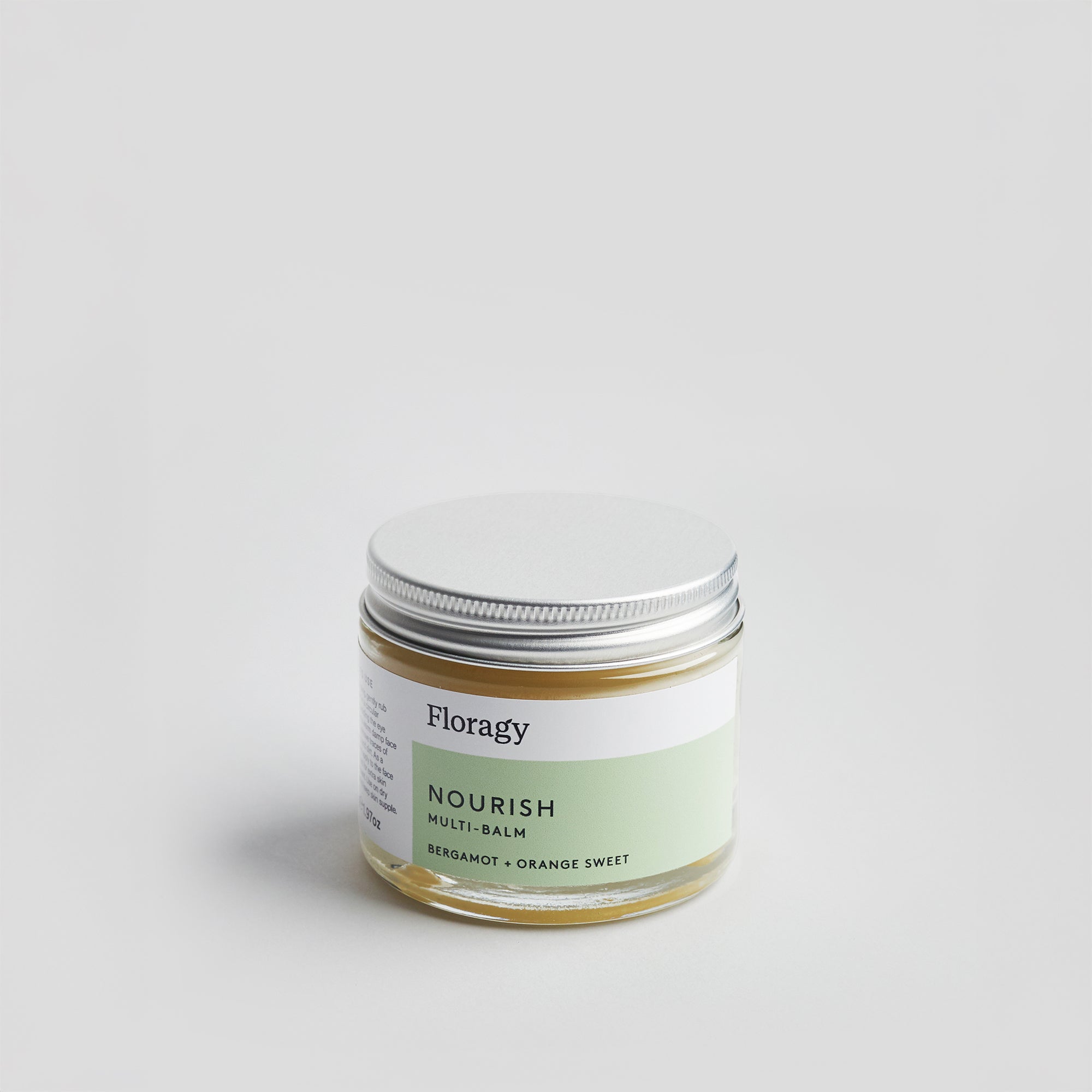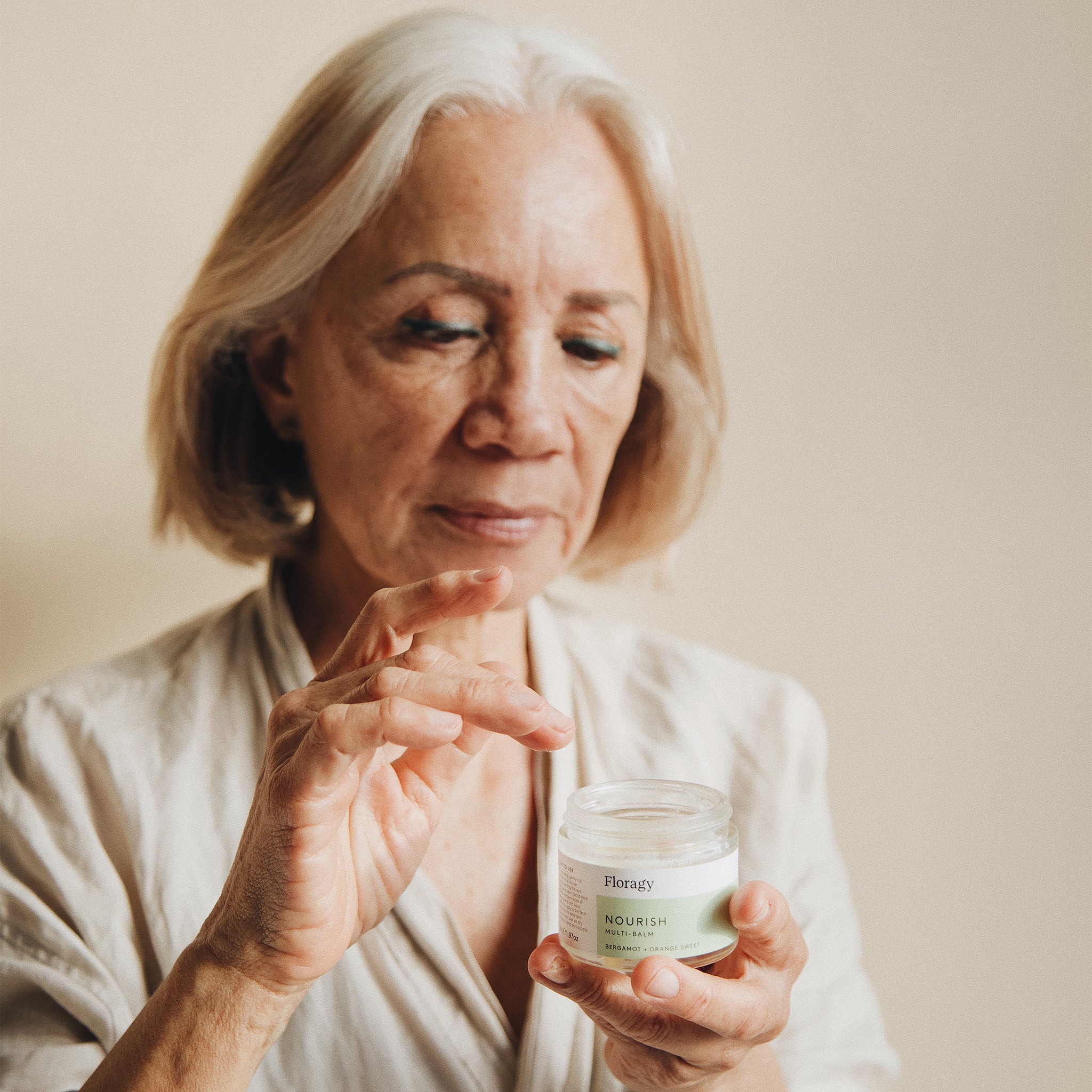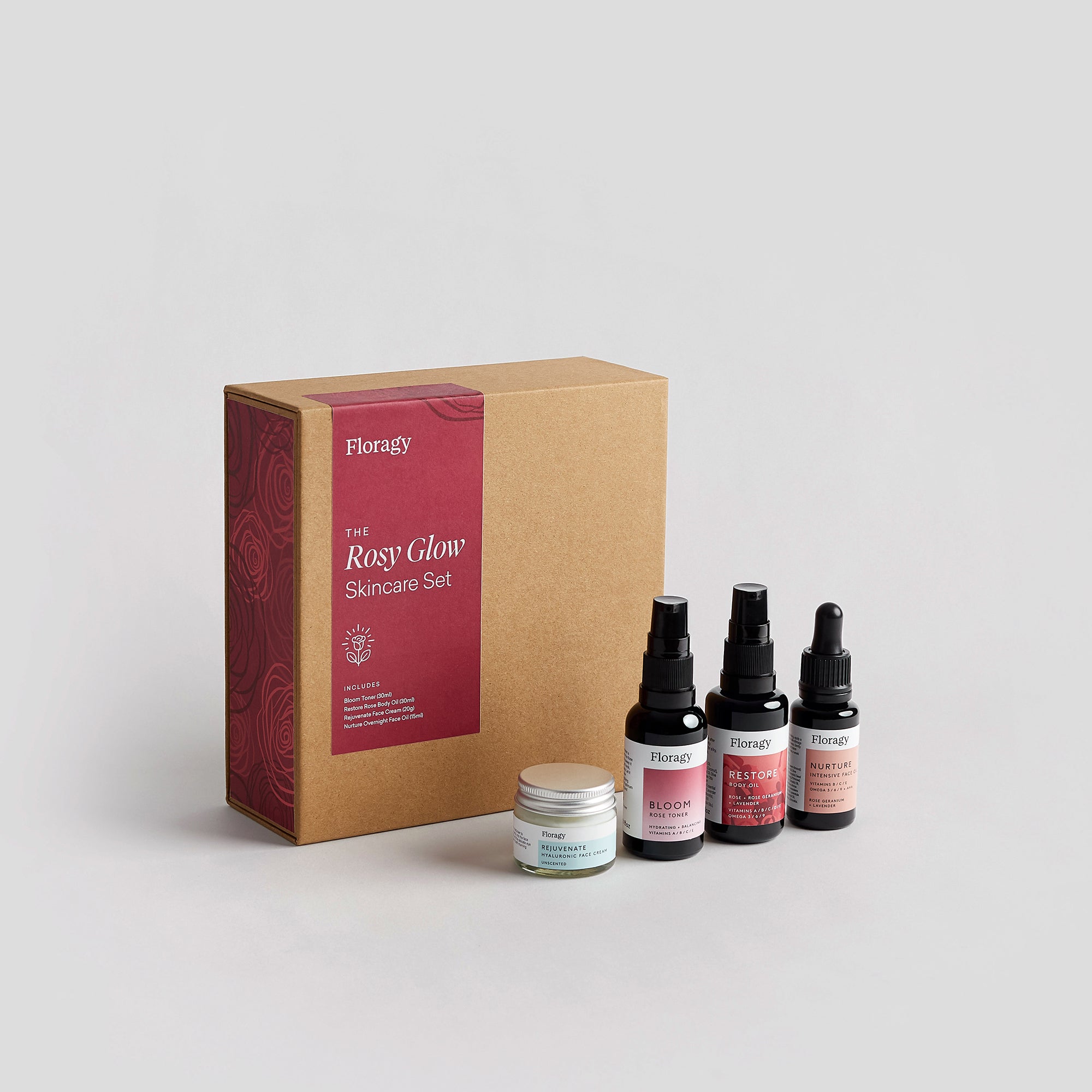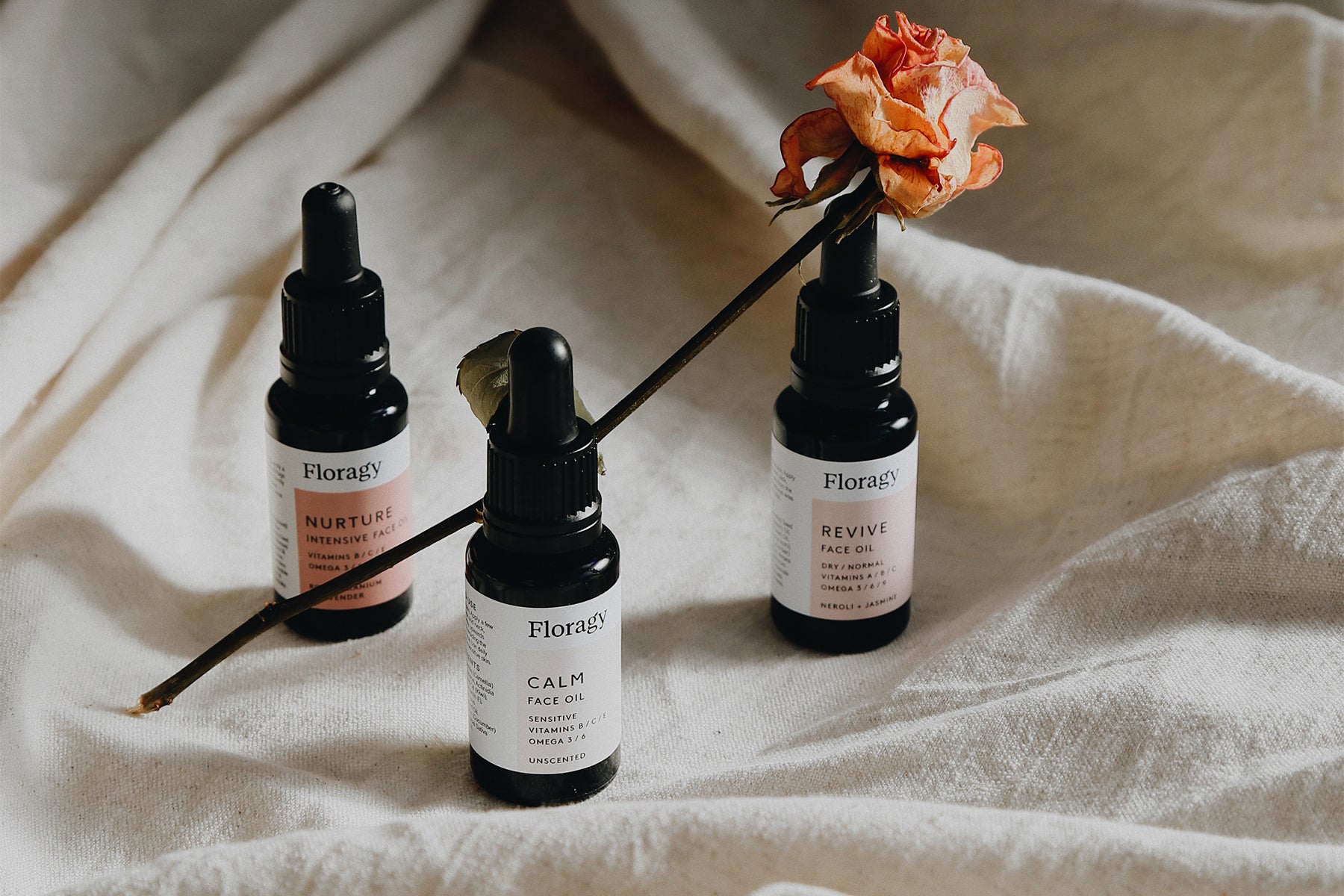Pigmentation issues, such as dark spots, melasma, and sun spots, are common concerns that can affect skin tone and radiance. Pigmentation occurs when certain areas of the skin produce excess melanin, leading to dark patches or uneven skin tone. While pigmentation is generally harmless, it can be challenging to manage. Understanding what causes pigmentation and following a targeted skincare routine can help improve skin tone and reduce the appearance of dark spots. Here, we’ll explore the causes, common triggers, and effective skincare solutions for pigmentation.
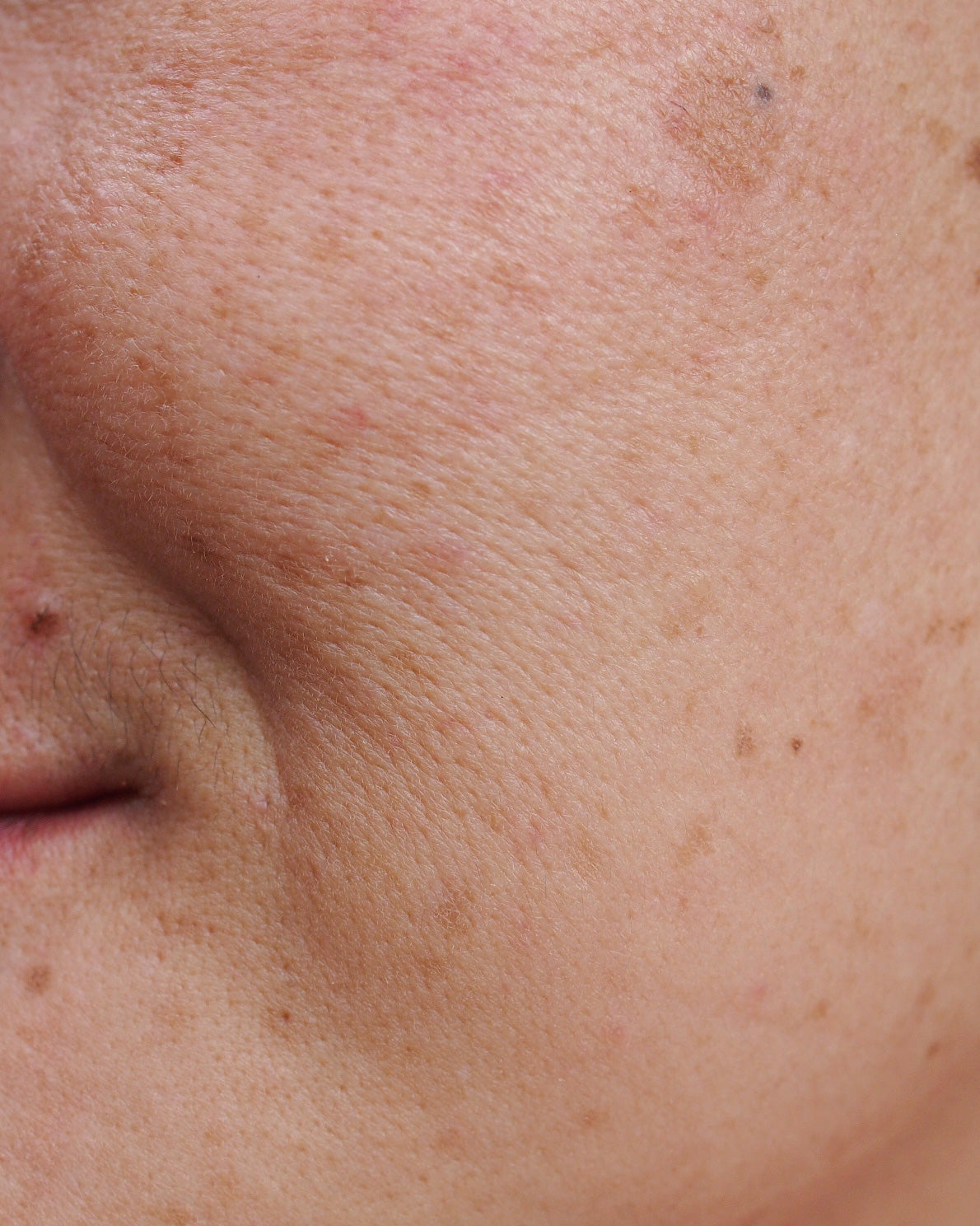
SKINCARE HELP - PIGMENTATION
What Causes Pigmentation?
Pigmentation is influenced by various factors that can lead to uneven skin tone. Common causes include:
- Sun Exposure: UV radiation stimulates melanin production, which can lead to sun spots and uneven skin tone.
- Hormonal Changes: Pregnancy, menopause, and birth control can cause melasma, a type of pigmentation linked to hormonal shifts.
- Inflammation: Skin trauma, such as acne, eczema, or injury, can lead to post-inflammatory hyperpigmentation (PIH).
- Aging: As we age, natural changes in skin lead to an increase in pigmentation, often seen as age spots.
- Genetics: Some individuals are more prone to pigmentation due to their genetic makeup.
Understanding these causes can help in adopting a skincare routine that supports even-toned skin and reduces hyperpigmentation.
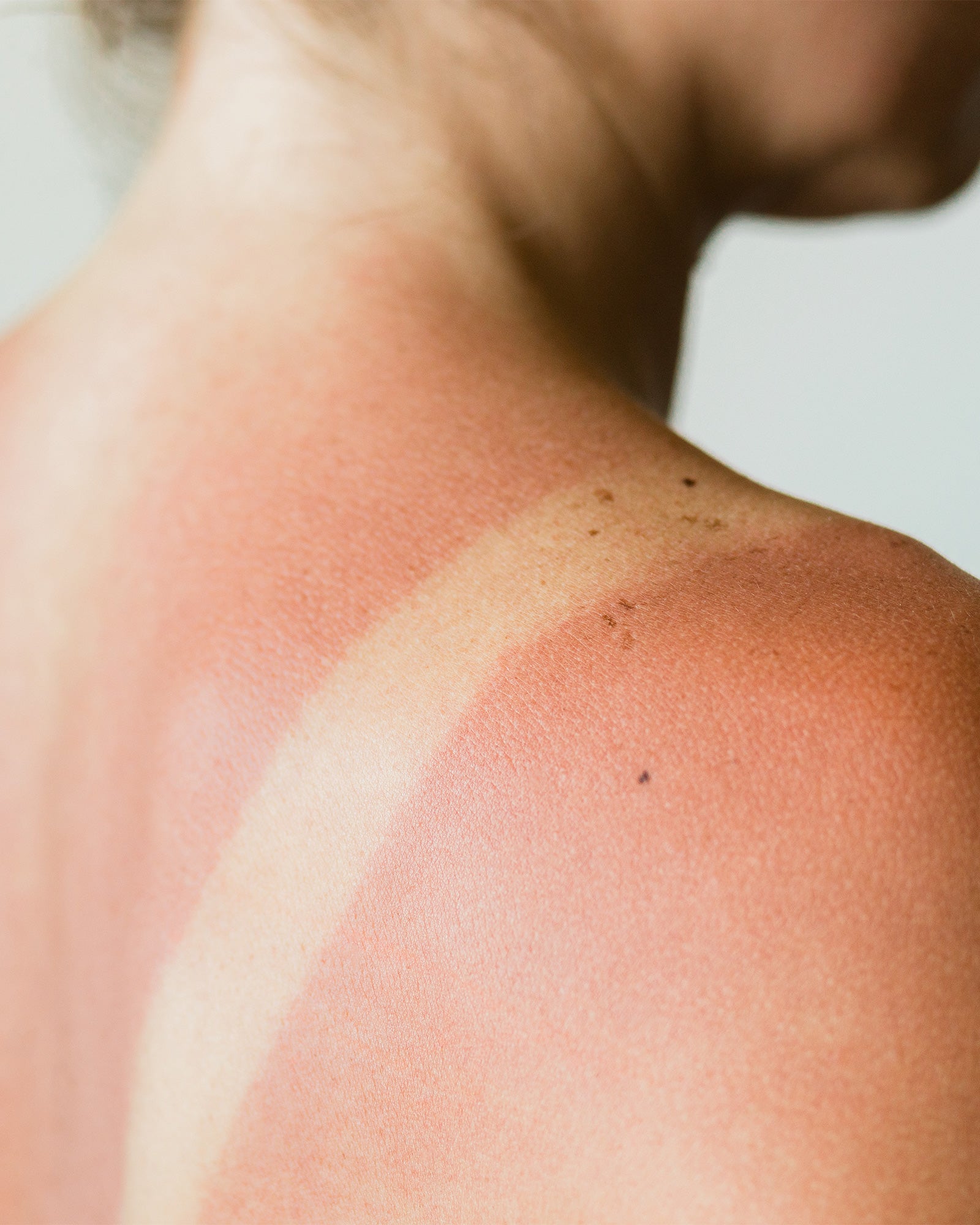
SKINCARE HELP - PIGMENTATION
Common Pigmentation Triggers
Identifying and avoiding triggers can help prevent worsening of pigmentation. Some common triggers include:
- Excessive Sun Exposure: Prolonged sun exposure without protection can deepen pigmentation.
- Heat Exposure: High temperatures, including hot showers, can worsen melasma in some people.
- Skin Irritation or Inflammation: Over-exfoliating, picking at blemishes, or harsh skincare products can trigger post-inflammatory hyperpigmentation.
- Hormonal Fluctuations: Pregnancy, birth control, and hormonal therapies may worsen pigmentation due to hormonal imbalances.
- Environmental Factors: Pollution and free radicals can stress the skin, leading to pigmentation over time.
By recognising personal triggers, you can make lifestyle and skincare choices to minimise dark spots and even out skin tone.
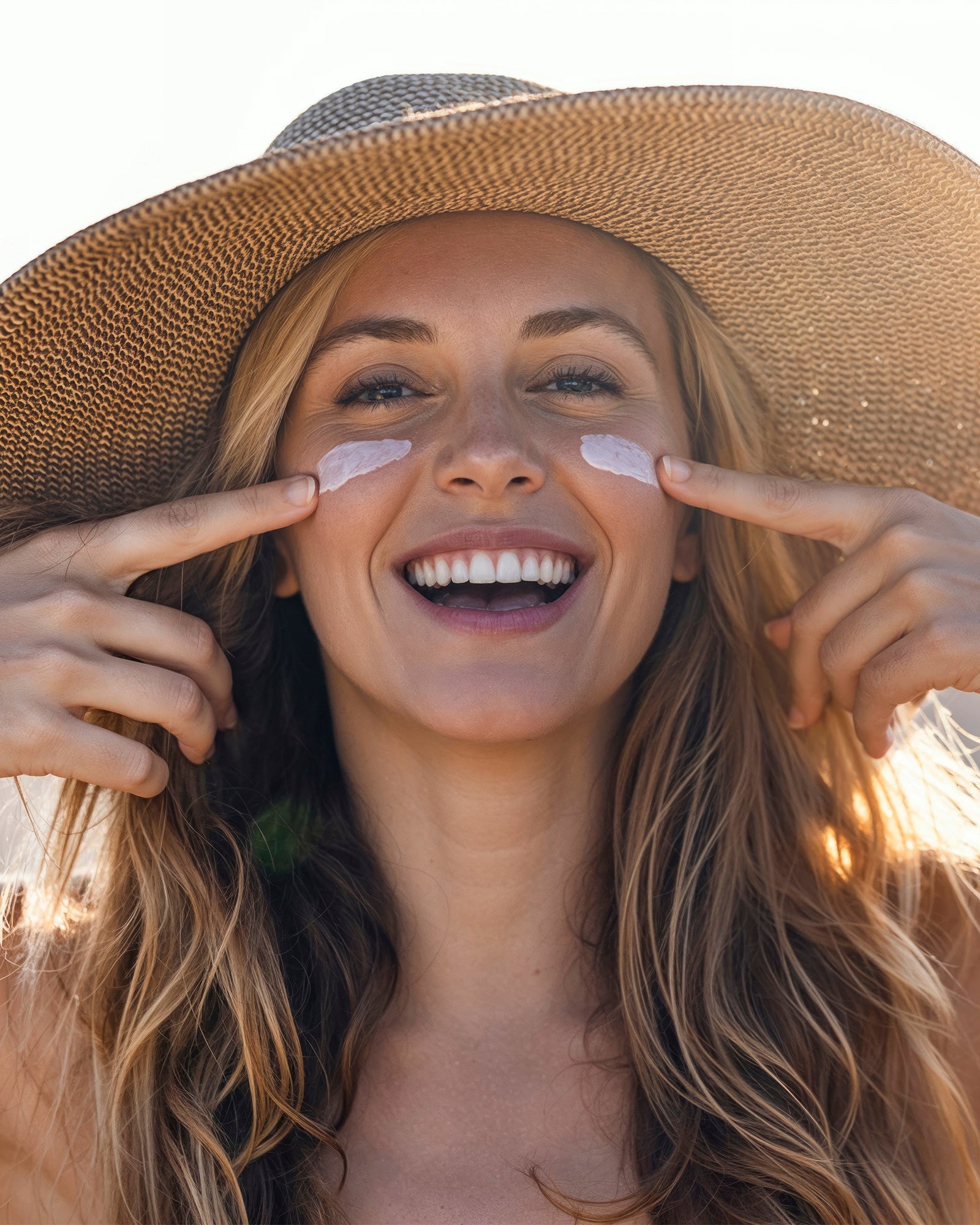
SKINCARE HELP - PIGMENTATION
Skincare Tips for Managing Pigmentation
A skincare routine for pigmentation should focus on gentle care and targeted treatments. Here are some essential tips:
- Use Sunscreen Daily: Sunscreen is crucial in preventing pigmentation. Choose a broad-spectrum SPF 30+ to protect against UV rays.
- Incorporate Brightening Ingredients: Look for products with vitamin C, niacinamide, and licorice extract to help lighten dark spots and improve overall skin tone.
- Gentle Exfoliation: Light exfoliation with AHAs like glycolic acid can encourage cell turnover and fade dark spots, but avoid over-exfoliating.
- Hydrate Skin: Use a moisturizer that supports the skin barrier to reduce inflammation and prevent further pigmentation.
- Try Targeted Treatments: Products with ingredients like tranexamic acid and kojic acid can be effective in reducing pigmentation and melasma.
Following these skincare practices can help reduce dark spots, protect against new pigmentation, and promote a more even skin tone.

SKINCARE HELP - PIGMENTATION
Diet & Lifestyle Tips for Managing Pigmentation
Your diet and lifestyle can also play a role in managing pigmentation. Consider these adjustments:
- Eat Antioxidant-Rich Foods: Foods like berries, green tea, and leafy greens can help combat free radicals and protect the skin from damage.
- Stay Hydrated: Drinking plenty of water supports skin health and helps with skin cell turnover.
- Reduce Sugar Intake: High sugar levels may contribute to glycation, which can affect skin clarity and cause pigmentation.
- Avoid Heat Triggers: Limit hot showers and saunas if they seem to worsen pigmentation.
- Manage Stress: Stress can trigger hormonal imbalances that may worsen melasma, so consider incorporating stress-reducing practices like yoga or meditation.
These lifestyle changes, combined with a good skincare routine, can help reduce pigmentation and support a balanced skin tone.
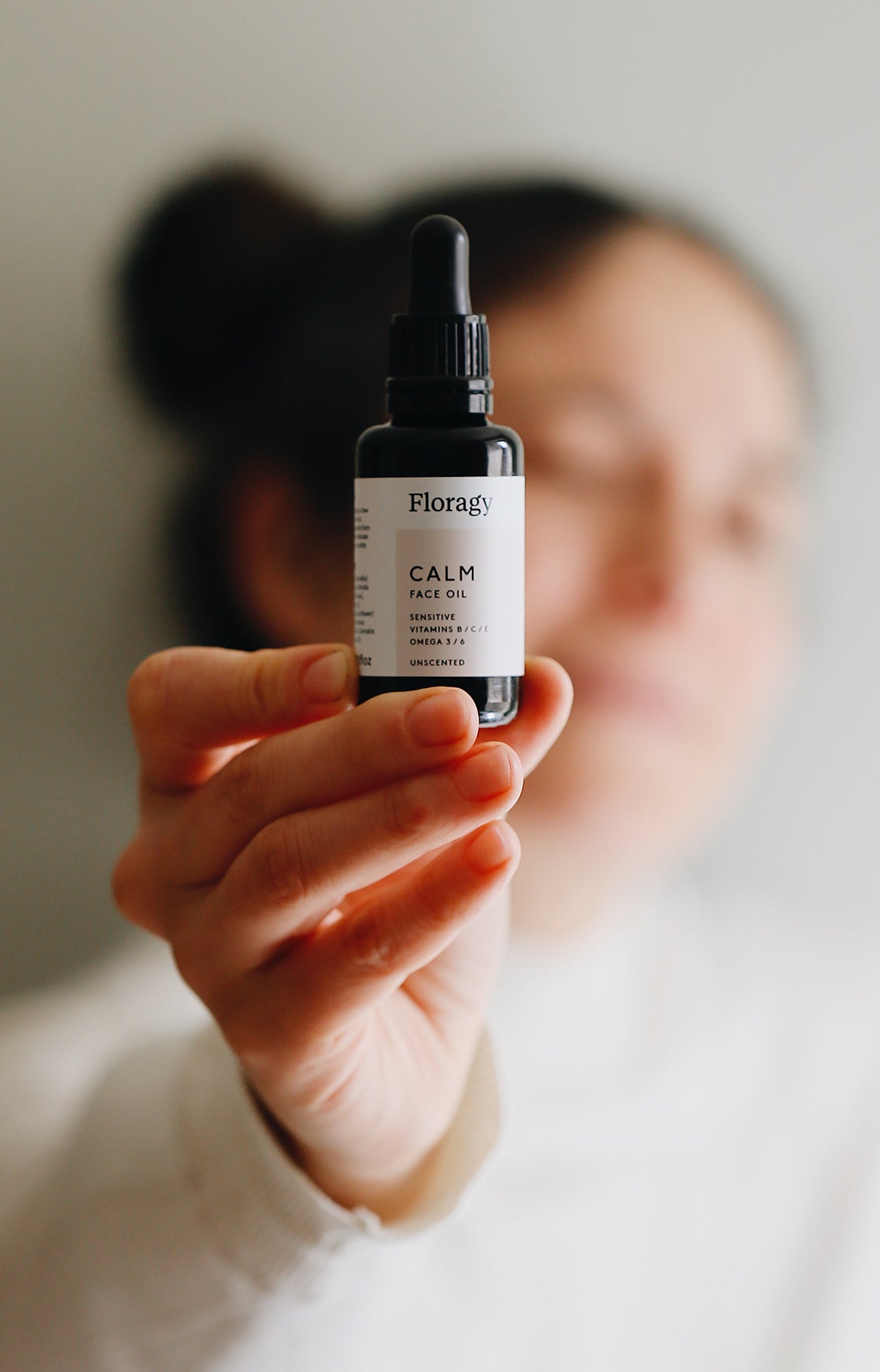
SKINCARE HELP - PIGMENTATION
Supporting Pigmentation-Prone Skin with Floragy
Floragy’s natural skincare line offers gentle, supportive products to help manage pigmentation and even out skin tone. Our Gentle Skin Set, featuring our Cleanse Oil to Milk Cleanser, Rejuvenate Moisturiser, Calm Face Oil, and Harmony Chamomile Toner, provides hydration and nourishment without harsh chemicals. Chamomile is known for its soothing properties, which can help reduce inflammation and prevent further darkening of pigmented areas.
Using our gentle, plant-based products as part of a holistic skincare approach can support skin health and even out tone. Incorporating these products into your routine alongside lifestyle adjustments can help fade dark spots, prevent new pigmentation, and promote a more radiant, balanced complexion.
PIGMENTATION SKINCARE HELP
Recommended Products
The Glow Diaries

Some skincare ingredients work loudly. Others work quietly, steadily, and beautifully in the background. Green tea paired with coconut sits firmly in that second camp, a gentle daily ritual that su...
Read more
How to Care for Your Skin in the Colder Months As the temperature drops and the air becomes drier, our skin often feels the shift before we do. Winter can draw moisture from the complexion, leaving...
Read more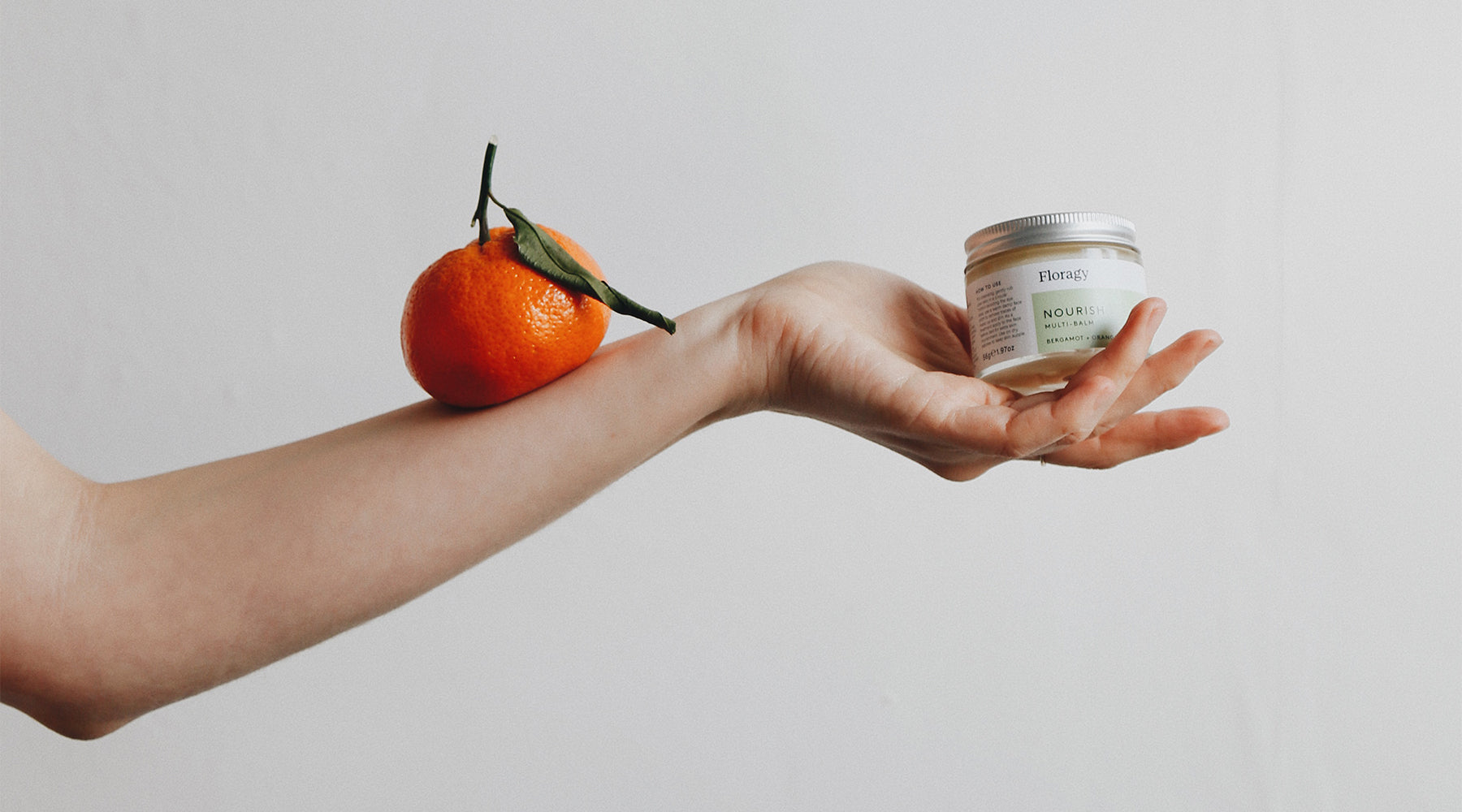
At Floragy, we believe in simplicity, efficacy, and integrity. Our mission is to create skincare that doesn’t need a shelf full of bottles — but rather a couple of products which perform multiple r...
Read more


